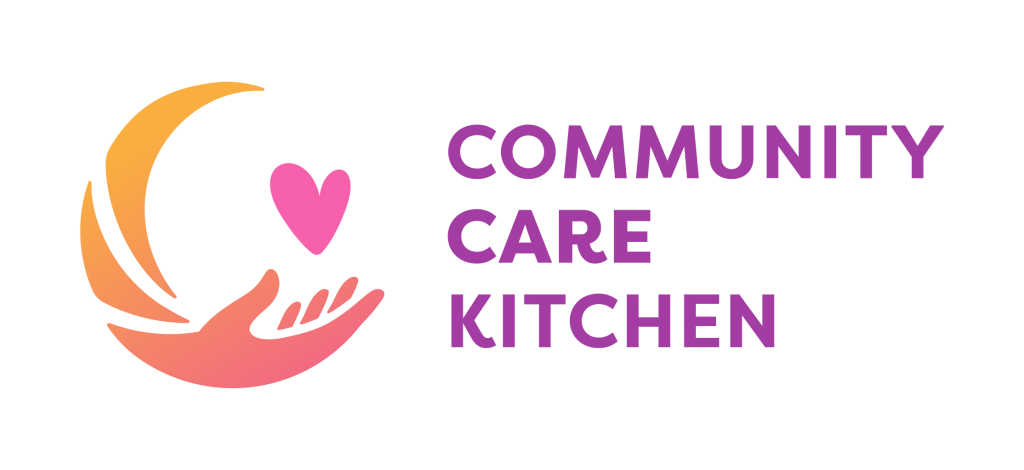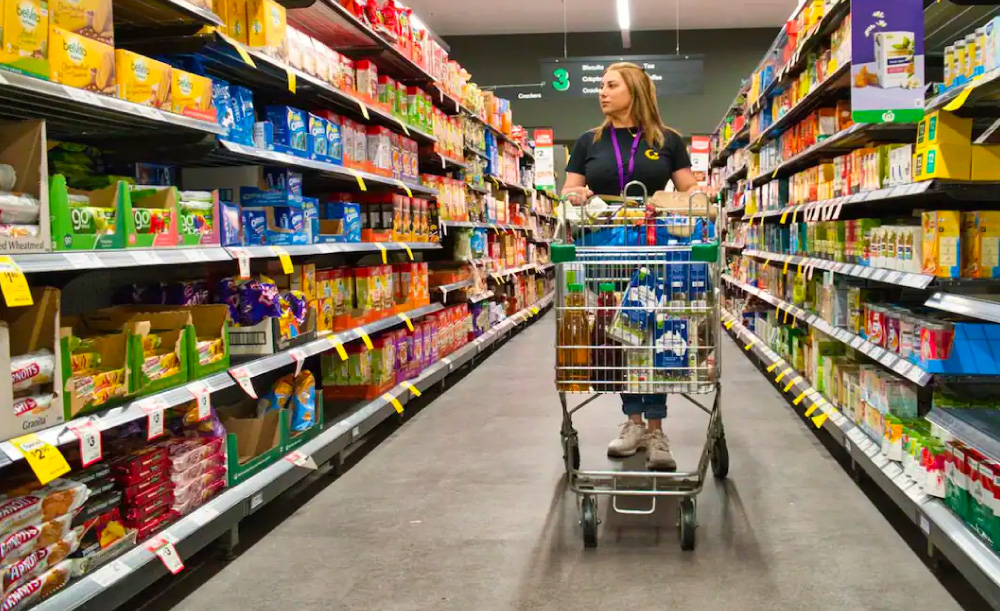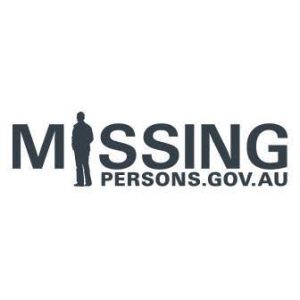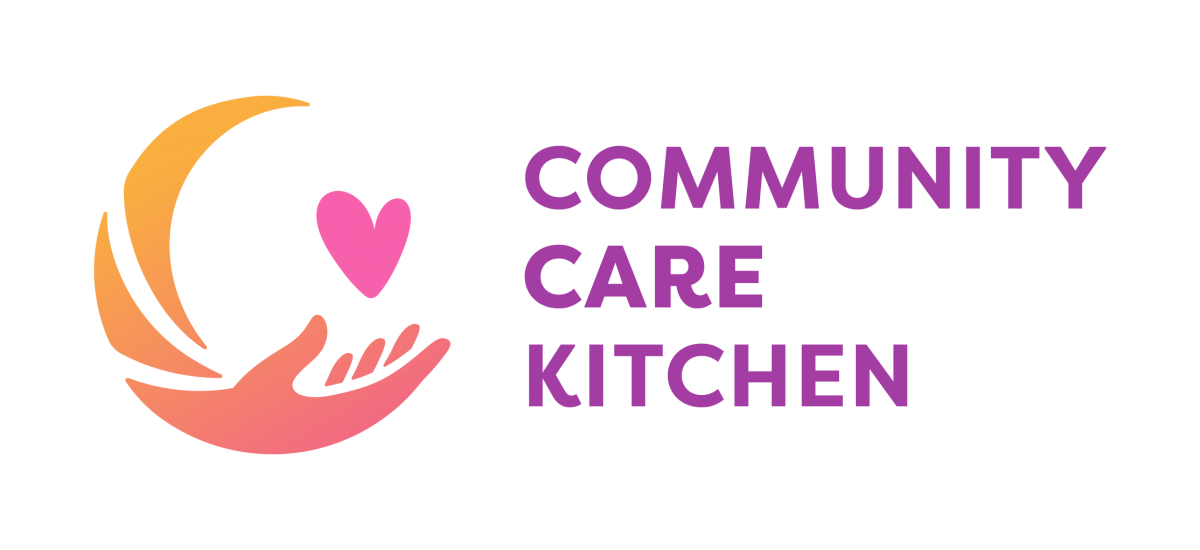Community groups in one of the most multicultural areas in Australia have revealed the increased difficulties they have endured in the past two months as the prices of basic necessities have taken a toll on the families they support who live below the poverty line.

During the thick of Australia’s winter, Hafiza has accepted she won’t be able to afford new pyjamas to keep herself and her children warm at night.
Chicken and meat are also luxury goods that she knows she can’t serve on the dinner table at night for her kids.
“Everything has become more expensive, of course. Any necessities I want to get myself when I go out, the rising costs of groceries are real,” Hafiza told SBS News in Arabic.
She remains stressed every day, even after relying totally on Gandhi Sindyan, who runs the community organisation Lighthouse Community Services.
Before meeting Mr Sindyan, life for Hafiza was even harder. Having fled a relationship marred by domestic violence five months after migrating to Australia. Hafiza said she was left to navigate a new country alone with little English and no family support.
“Once, I was so overwhelmed that I sat down on the steps outside Centrelink and fainted – that’s how much I was stressed,” she said.
“My life was really hard before, but I thank God that [Gandhi] entered my life. He changed my life, I swear to God.”
She’s one of 3.4 million people in Australia who live below the poverty line, feeling the pinch of groceries and bills more than most as the cost of living continues to soar.
With inflation reaching its highest level since 2001 at 5.1 per cent, and rent rising annually by 9.5 per cent, the volunteers who Hafiza relies on to survive are also feeling the stress creep up on them.
‘Almost like a third-world country’
Co-founder of the charity group Community Care Kitchen Sana Karanouh said most of the people she assists rely on Centrelink payments, not wages, to get by.
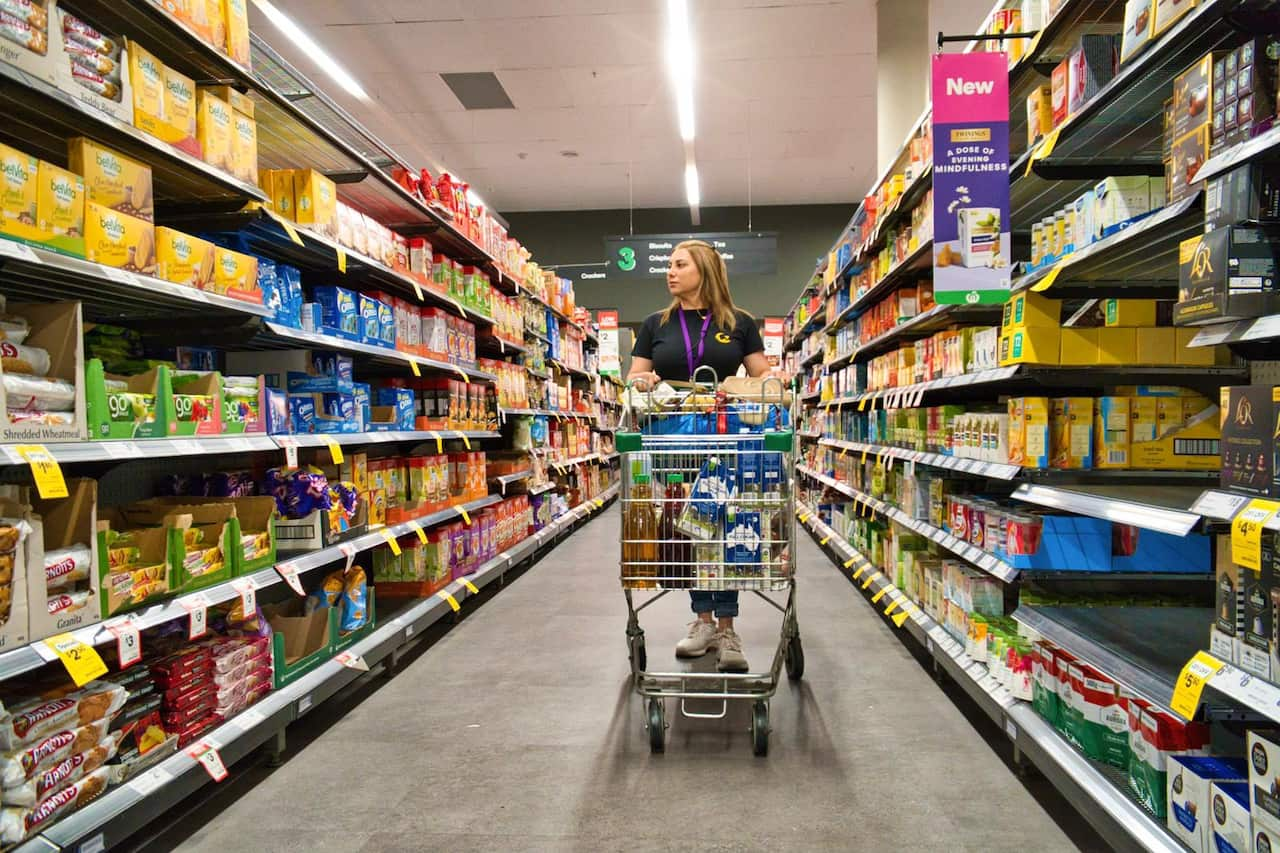
“The majority of families we look after are living below the poverty line, so when we see a rise in the cost of living, we know it’s them who are going to hurt the most,” she said.

Because the cost of living is affecting all Australians, Ms Karanouh said the “domino effect” of rising expenses means her organisation is receiving fewer donations from individuals and local businesses.
“Charities like us rely on the goodwill of our community who trust us … so when the cost of living goes up, it’s harder for people to donate money to charities because they have their own families to look after.”
Now Ms Karanouh and her team “hold our breaths” in fear of how families in need will cope as inflation is only anticipated to soar higher in the coming months.
“The rising cost of living could be the difference between them eating once a day to no times a day,” she said.
